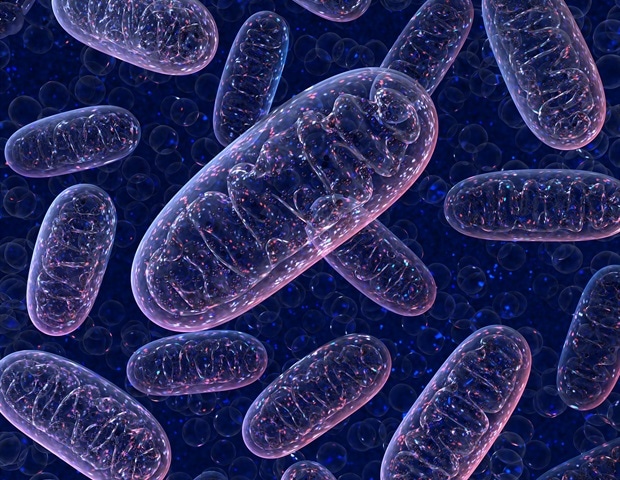Understanding the Longevity of Human Eggs
Human eggs are remarkable in their ability to remain viable for decades. These cells are among the most patient in the body, often lying dormant until needed. Recent research published in The EMBO Journal reveals that human eggs adopt a minimalist strategy to ensure their longevity. They intentionally slow down their internal waste disposal systems as they mature, which helps to keep their metabolism low. This evolutionary design minimizes cellular damage and preserves their health over time.

The study highlights the importance of this minimalist approach in supporting the longevity of human eggs. By reducing metabolic activity, these cells can effectively manage waste and reduce the risk of damage that typically accompanies higher metabolic rates. This discovery not only enhances our understanding of female reproductive biology but also opens avenues for research into fertility and aging.
Implications for Fertility Research
As we delve deeper into the mechanisms governing human eggs, we can better understand fertility challenges faced by many women. This knowledge could lead to improved strategies for preserving egg health and enhancing reproductive outcomes.
Source: Link to the study